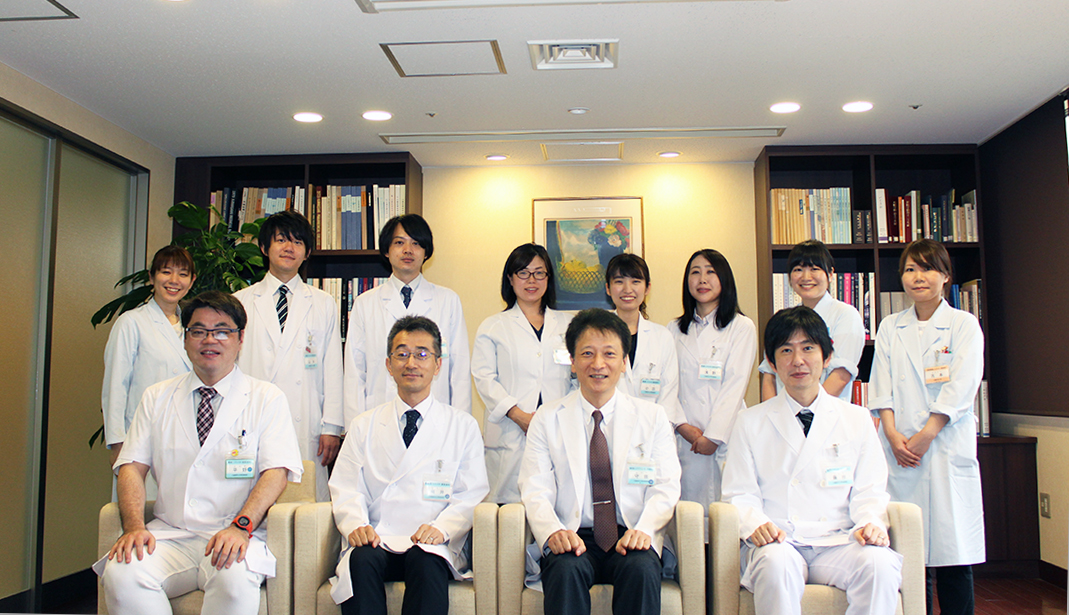Staff
-
Professor with Special AssignmentKazuhisa NakanoKazuhisa Nakano
-
Assistant ProfessorShunichi FujitaShunichi Fujita
-
Assistant ProfessorSumie AsanoSumie Asano
-
InstructorYuka KoideYuka Koide
-
InstructorMasakatsu IkedaMasakatsu Ikeda
-
InstructorMasatomo YamadaMasatomo Yamada
-
InstructorYou MizutaYou Mizuta
Research Interests
Research in our laboratory is directed at elucidating the mechanisms of autoinflammatory and autoimmune diseases. In the research on autoinflammatory diseases, we have identified the pathogenic mechanisms of G87V TNFRSF1A mutation in TNF receptor-associated periodic syndrome (TRAPS).
We are also interested in the involvement of epigenetic changes in the pathogenesis of autoimmune diseases and their complications. We have studied epigenetic changes in the synovium of rheumatoid arthritis and calcification of blood vessels due to inflammation from the viewpoint of DNA methylation and histone modification. In the future, we would like to conduct epigenetics research on SLE and scleroderma to lead to drug discovery.
Recent publications
- Kawahara K, et al. SH3BP2 deficiency ameliorates murine systemic lupus erythematosus. Int J Mol Sci 2021;22:4169.
- Akagi T, et al. Effect of angiotensin II on bone erosion and systemic bone loss in mice with tumor necrosis factor-mediated arthritis. Int J Mol Sci 2020;21:4145.
- Tsuji S, et al. Functional analysis of a novel G87V TNFRSF1A mutation in patients with TNF receptor-associated periodic syndrome. Clin Exp Immunol 2019;198:416.
Clinical Aspects
Our department is dedicated to the diagnosis and treatment of rheumatic and musculoskeletal diseases. The conditions we treat include rheumatoid arthritis, lupus, vasculitis, scleroderma, inflammatory myopathies, Behcet disease, and autoinflammatory syndromes.
Educational Aspects
The educational programs in the department involve teaching activities in the medical school and the residency programs in the university hospital. We actively participate in continuing medical education programs for practicing physicians. The educational program of the department aims to contribute towards the training of future physician-scientists in the subspecialty of rheumatology.

